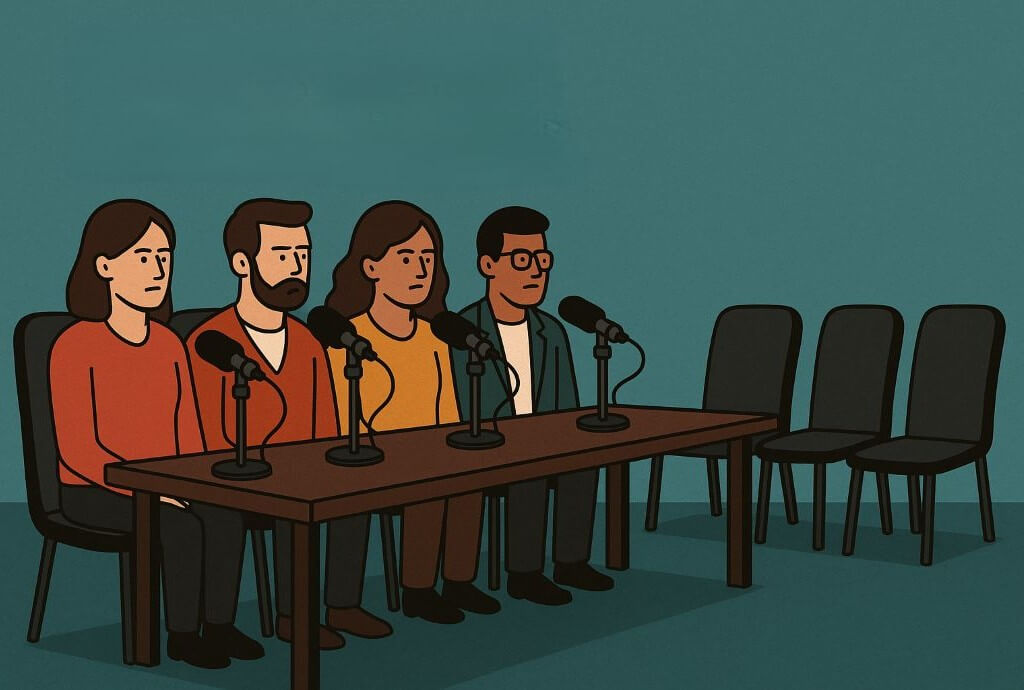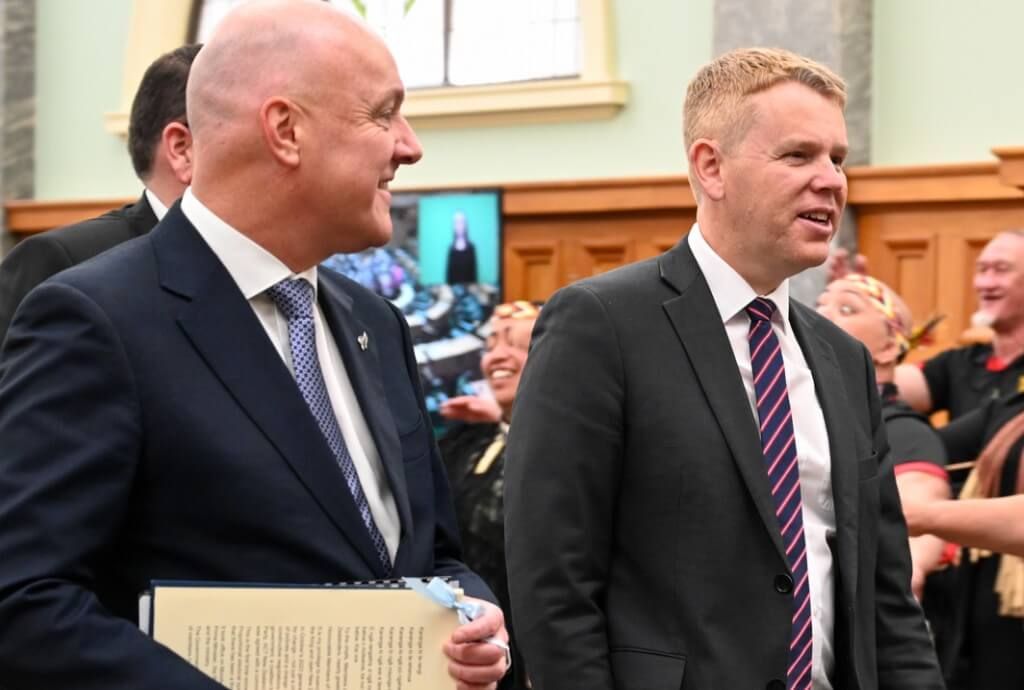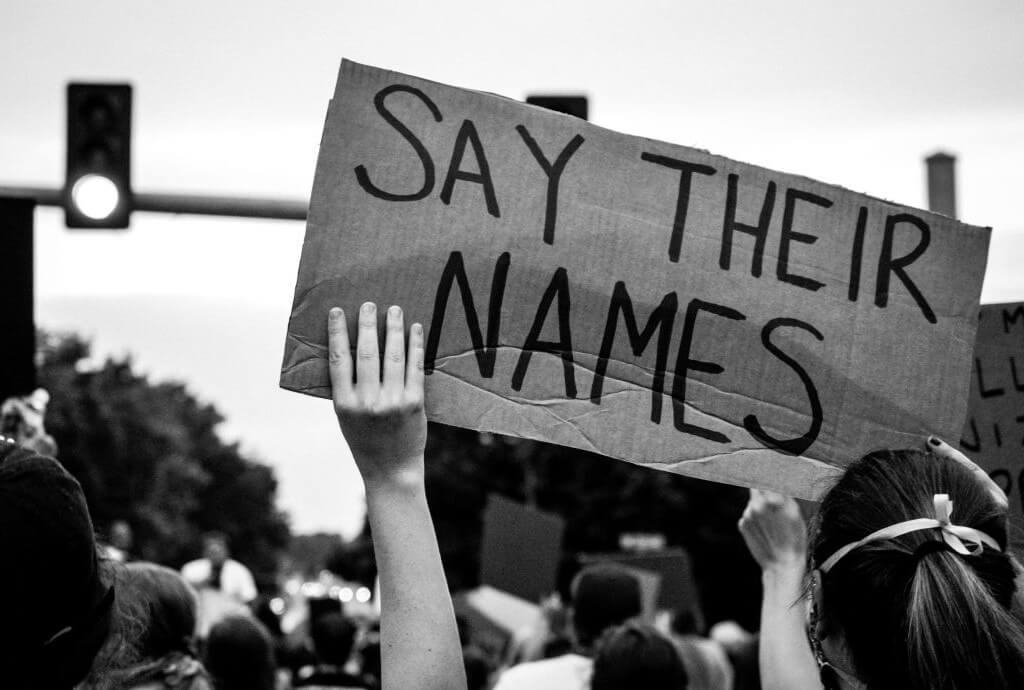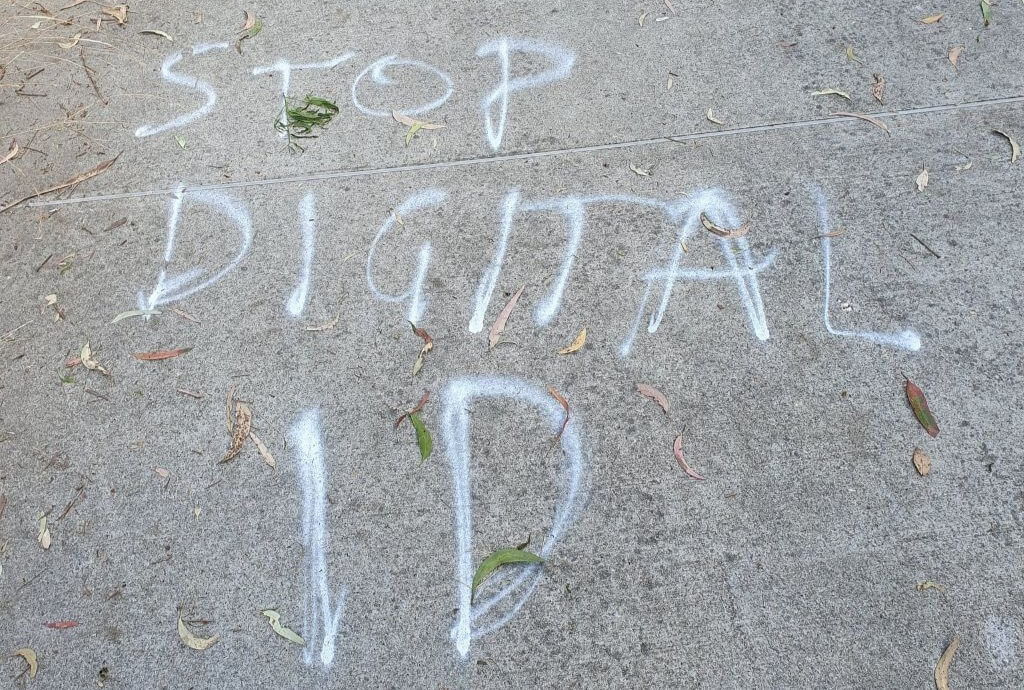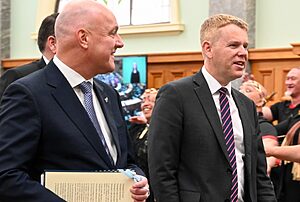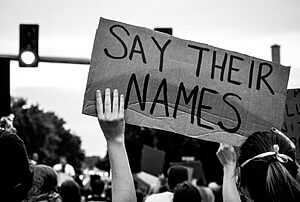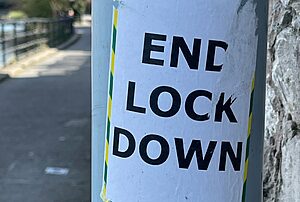In brief
- Governments pushing for more legislation to be able to control the online universe.
- There is no telling how the government will actually apply the legislation, and it could vary considerably based on the people involved.
- The implied threat of censorship will be hanging over the government’s detractors.
- Of course, any kind of “emergency” can justify tightening the airwaves.
Governments intensifying online censorship efforts
Governments like New Zealand, the UK, the EU, Canada and Australia are pushing to implement legislation that can be used as a tool to manage and suppress content on social media platforms. Some social media companies, like Facebook, have been very cooperative with the New Zealand government in removing content.
Example Laws:
The Australian government has just drafted laws that propose to give power to the Australian Communications and Media Authority (ACMA) to be able to fine social media companies in the billions of dollars.
In 2022, the UK government introduced similar legislation, intending to force social media companies to take a proactive approach to preventing the spread of misinformation. The government used the war in Ukraine as justification to push through the laws, using an update to national security legislation and an online safety bill.
Twitter has recently agreed to comply with the EU’s disinformation laws, after previously withdrawing from the agreement. Similarly to Australia, the EU’s laws were put in place late in 2022 to “curb disinformation and protect democratic elections”.
The US Supreme Court is now seeking input on social media law cases in Texas and Florida. The cases are about the platforms’ rights to control their own content moderation, as opposed to the government telling them what to do. The result may have an overflow effect in other countries.
Disinformation as a threat to democracy is the justification for this
The Australian government, like our own in NZ, sees disinformation on social media as being the cause of social disharmony, a “threat to democracy”. This is how they’re justifying introducing this kind of legislation.

Government funding for “disinformation studies”
Governments are further feeding into the crackdown on “disinformation” by funding “disinformation studies” at universities, like Harvard.
Disinformation is now considered its own sector that already has its own jargon, but largely boils down to simply engaging in online censorship.
Government-controlled narrative a threat to free speech
Some say that the growing trend of government-controlled narratives and definitions now used to categorize content as misinformation present a significant threat to free speech. Whether they use it, the mere fact Government is in position to control the information online has undermined the fundamental principle of a free and open society.

